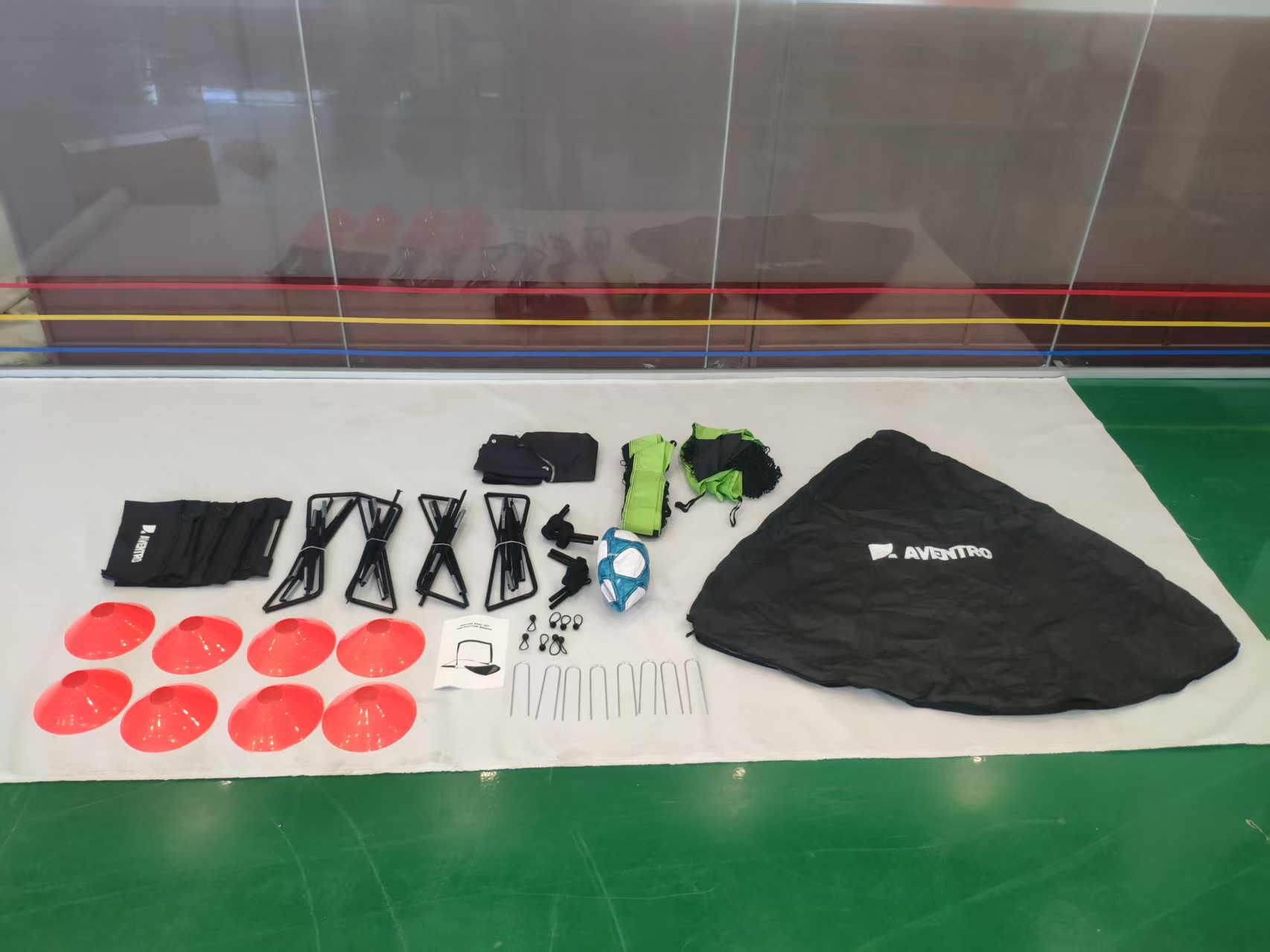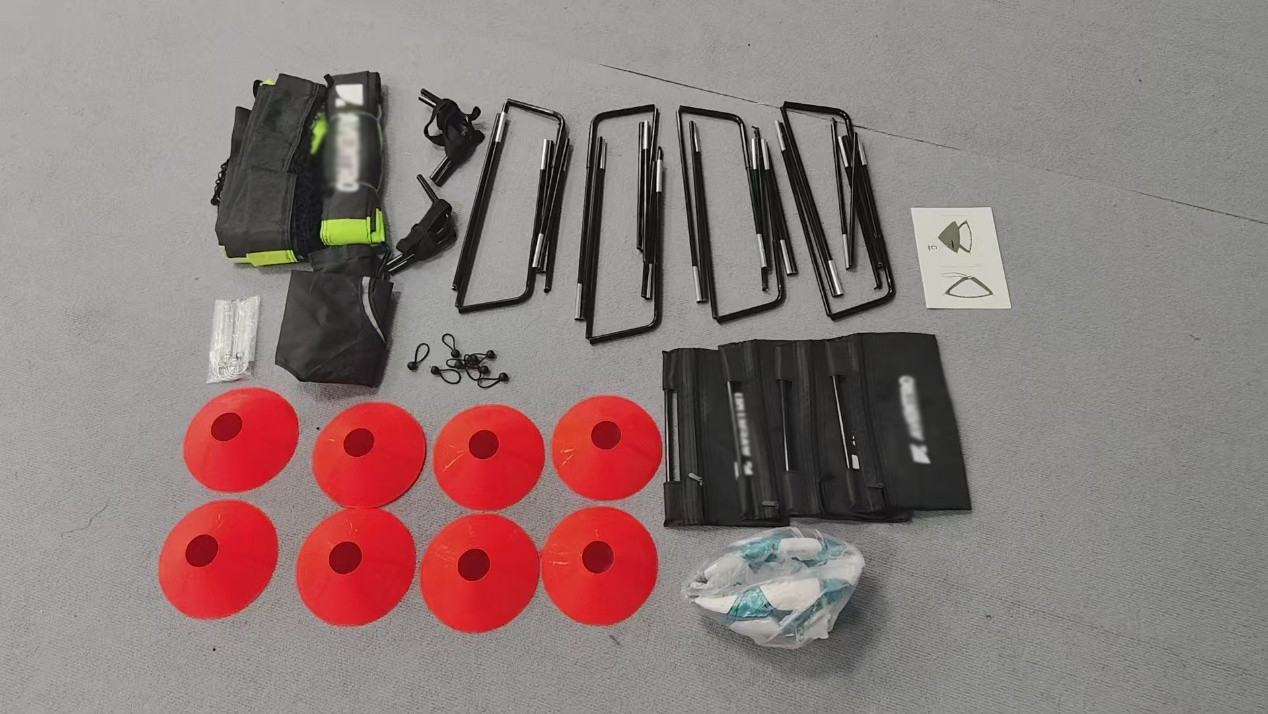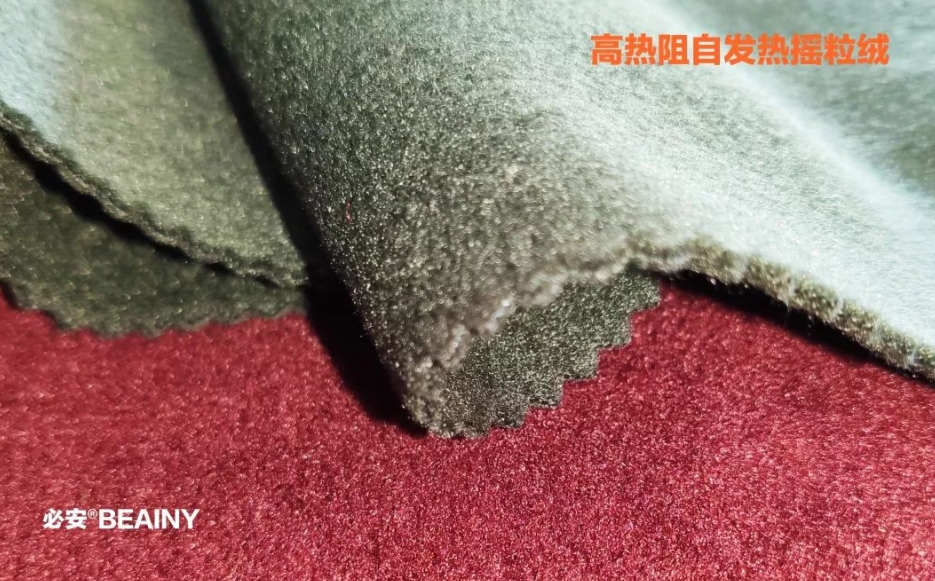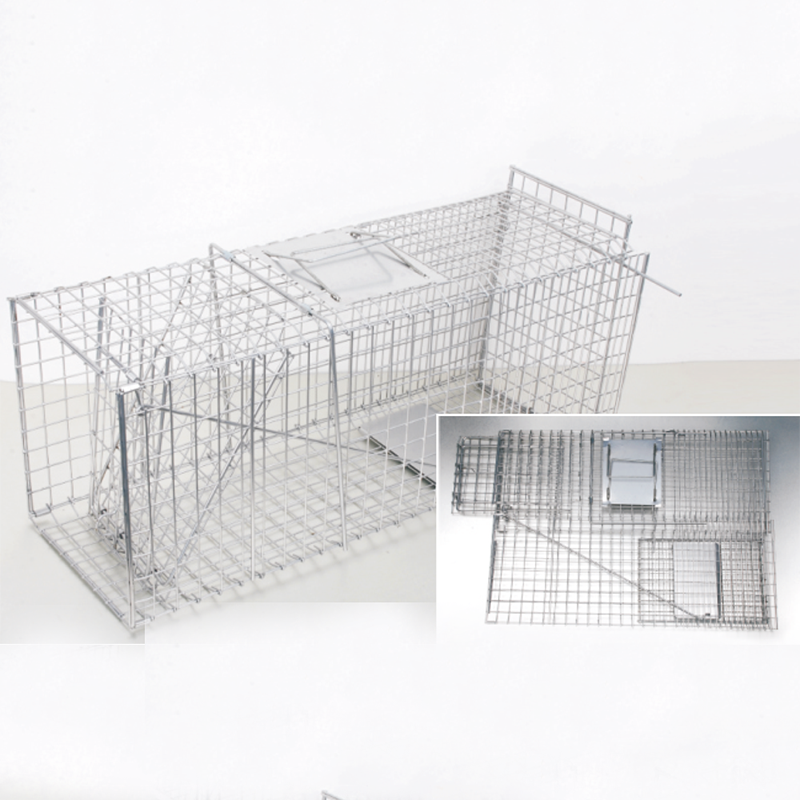In many industrial and civil fields, electric heat tracing insulation materials are widely used to maintain temperature stability in pipelines, equipment and containers. It is crucial to choose electric heating insulation materials suitable for different occasions, because it directly affects energy efficiency, safety and economy. The following introduces the selection of electric heating insulation materials in different occasions.
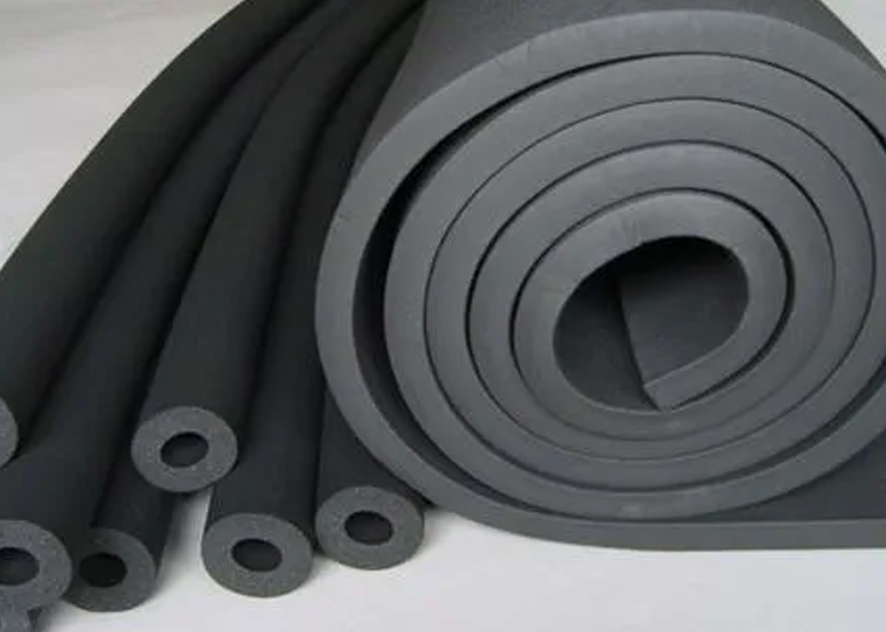
1. Industrial piping and equipment
In industrial environments, pipes and equipment often need to be kept within a certain temperature range to ensure normal production processes. For these applications, selecting electrical heat tracing insulation materials with high insulation properties is key. Commonly used materials include fiberglass, aluminum silicate, and rock wool. These materials have excellent thermal insulation properties and high temperature resistance, effectively reducing heat loss.
2. Tanks and Containers
In tanks and containers that store liquids or gases, the selection of electric heating insulation materials should take into account the needs for moisture and corrosion protection. Generally speaking, using materials such as polyurethane foam, polyethylene foam, or rubber is a more suitable choice. These materials have good sealing properties, preventing moisture and gas penetration while providing good thermal insulation.
3. Outdoor pipes and equipment
For pipes and equipment exposed to the outdoor environment, electrically traced insulation needs to be UV-resistant, water-resistant and weather-resistant. In this case, it is recommended to use materials such as polyurethane rigid foam, extruded polystyrene (XPS) or high-density polyethylene (HDPE). These materials have high mechanical strength and weather resistance, allowing them to maintain stable insulation properties under harsh weather conditions.
4. Food and pharmaceutical industry
In the food and pharmaceutical industries, electric heat tracing insulation materials must meet strict hygiene standards. Therefore, it is crucial to choose non-toxic, odorless and pollution-free materials. Commonly used materials include polyurethane, polyethylene, and polypropylene. These materials have good chemical stability and corrosion resistance and are suitable for applications in contact with food and pharmaceuticals.
5. High temperature applications
In some high-temperature situations, such as industrial furnaces, ovens and heating equipment, it is necessary to choose electric heating insulation materials that can withstand high temperatures. Materials such as ceramic fiber, calcium silicate and fiberglass are ideal choices as they have excellent high temperature resistance and good insulation.
In short, several factors need to be considered when choosing electric heating insulation materials suitable for different occasions, including temperature range, moisture resistance, corrosion resistance, mechanical strength and hygienic standards. Depending on the specific needs and application environment, choosing the right electric heat tracing insulation materials can improve energy efficiency, ensure normal operation of equipment, and meet the safety and health requirements of related industries.

 English
English Español
Español Português
Português русский
русский français
français 日本語
日本語 Deutsch
Deutsch Tiếng Việt
Tiếng Việt Italiano
Italiano Nederlands
Nederlands ไทย
ไทย Polski
Polski 한국어
한국어 Svenska
Svenska magyar
magyar Malay
Malay বাংলা
বাংলা Dansk
Dansk Suomi
Suomi हिन्दी
हिन्दी Pilipino
Pilipino Türk
Türk Gaeilge
Gaeilge عربى
عربى Indonesia
Indonesia norsk
norsk اردو
اردو čeština
čeština Ελληνικά
Ελληνικά Українська
Українська Javanese
Javanese فارسی
فارسی தமிழ்
தமிழ் తెలుగు
తెలుగు नेपाली
नेपाली Burmese
Burmese български
български ລາວ
ລາວ Latine
Latine Қазақ
Қазақ Euskal
Euskal Azərbaycan
Azərbaycan slovenský
slovenský Македонски
Македонски Lietuvos
Lietuvos Eesti Keel
Eesti Keel Română
Română Slovenski
Slovenski मराठी
मराठी Српски
Српски 简体中文
简体中文 Esperanto
Esperanto Afrikaans
Afrikaans Català
Català עִברִית
עִברִית Cymraeg
Cymraeg Galego
Galego 繁体中文
繁体中文 Latvietis
Latvietis icelandic
icelandic יידיש
יידיש Беларус
Беларус Hrvatski
Hrvatski Kreyòl ayisyen
Kreyòl ayisyen Shqiptar
Shqiptar Malti
Malti lugha ya Kiswahili
lugha ya Kiswahili አማርኛ
አማርኛ Bosanski
Bosanski Frysk
Frysk ជនជាតិខ្មែរ
ជនជាតិខ្មែរ ქართული
ქართული ગુજરાતી
ગુજરાતી Hausa
Hausa Кыргыз тили
Кыргыз тили ಕನ್ನಡ
ಕನ್ನಡ Corsa
Corsa Kurdî
Kurdî മലയാളം
മലയാളം Maori
Maori Монгол хэл
Монгол хэл Hmong
Hmong IsiXhosa
IsiXhosa Zulu
Zulu Punjabi
Punjabi پښتو
پښتو Chichewa
Chichewa Samoa
Samoa Sesotho
Sesotho සිංහල
සිංහල Gàidhlig
Gàidhlig Cebuano
Cebuano Somali
Somali Точик
Точик O'zbek
O'zbek Hawaiian
Hawaiian سنڌي
سنڌي Shinra
Shinra հայերեն
հայերեն Igbo
Igbo Sundanese
Sundanese Lëtzebuergesch
Lëtzebuergesch Malagasy
Malagasy Yoruba
Yoruba





